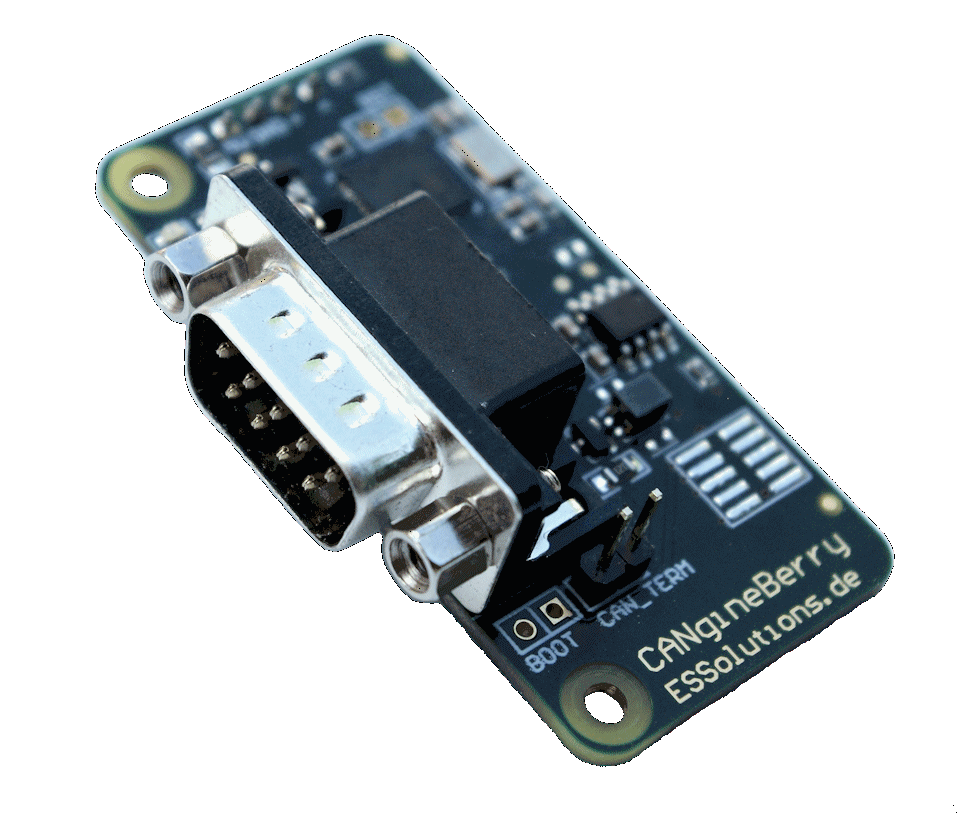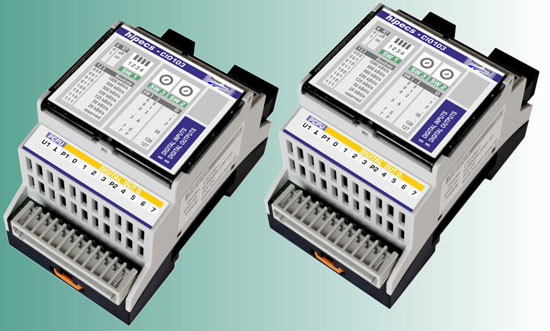Recent Posts
Isolated CANopen I/O system With Eight Digital Inputs And Eight Digital Outputs
Posted by on
The Hipecs-CIO103 module from Frenzel + Berg (Germany) is a CANopen I/O system with eight digital inputs and eight digital outputs. The CAN Bus network is galvanically isolated.
According to the manufacturer, the product’s output technology differs significantly from other I/O modules in the marketplace, since the power drivers of the module can drive up to 2 Amps on all eight outputs simultaneously. This renders the application of additional power drivers.
The module supports the CANopen standards CiA 301 version 4.2 and CiA 401 version 3.1. All standard CAN Bus bit rates up to 1 Mbit/s are supported. CANopen diagnosis LEDs are also provided as well. CANopen PDO transfer modes are synchronous, asynchronous, event triggered, cyclic, acyclic, and RTR.
The I/O’s are positive switching and opto-isolated from the bus and the system supply. All outputs are short-circuit protected. Each output could be loaded up to 2 Amps.
CANgineBerry - CANopen Module for Raspberry Pi
 The CANgineBerry for CANopen is an active CAN Bus co-processor module that uses a regular UART communication channel towards the host system. With its independent 32-bit microcontroller, the CANgineBerry can easily execute CAN BUs protocols with tough timing demands such as CANcrypt or CANopen with response times of under 10 ms.
The CANgineBerry for CANopen is an active CAN Bus co-processor module that uses a regular UART communication channel towards the host system. With its independent 32-bit microcontroller, the CANgineBerry can easily execute CAN BUs protocols with tough timing demands such as CANcrypt or CANopen with response times of under 10 ms.
Depending on the configuration, the CAN Bus communication can be up and running within 50 ms after power-on, even if the host system takes significantly longer to boot.
Available firmware options at launch include a generic minimal CANopen Manager/Controller and a CANopenIA Device both based on the CANopenIA implementation. Within the next weeks we will also release a CANcrypt version of the popular Lawicel protocol (SLCAN).
 Loading... Please wait...
Loading... Please wait...

